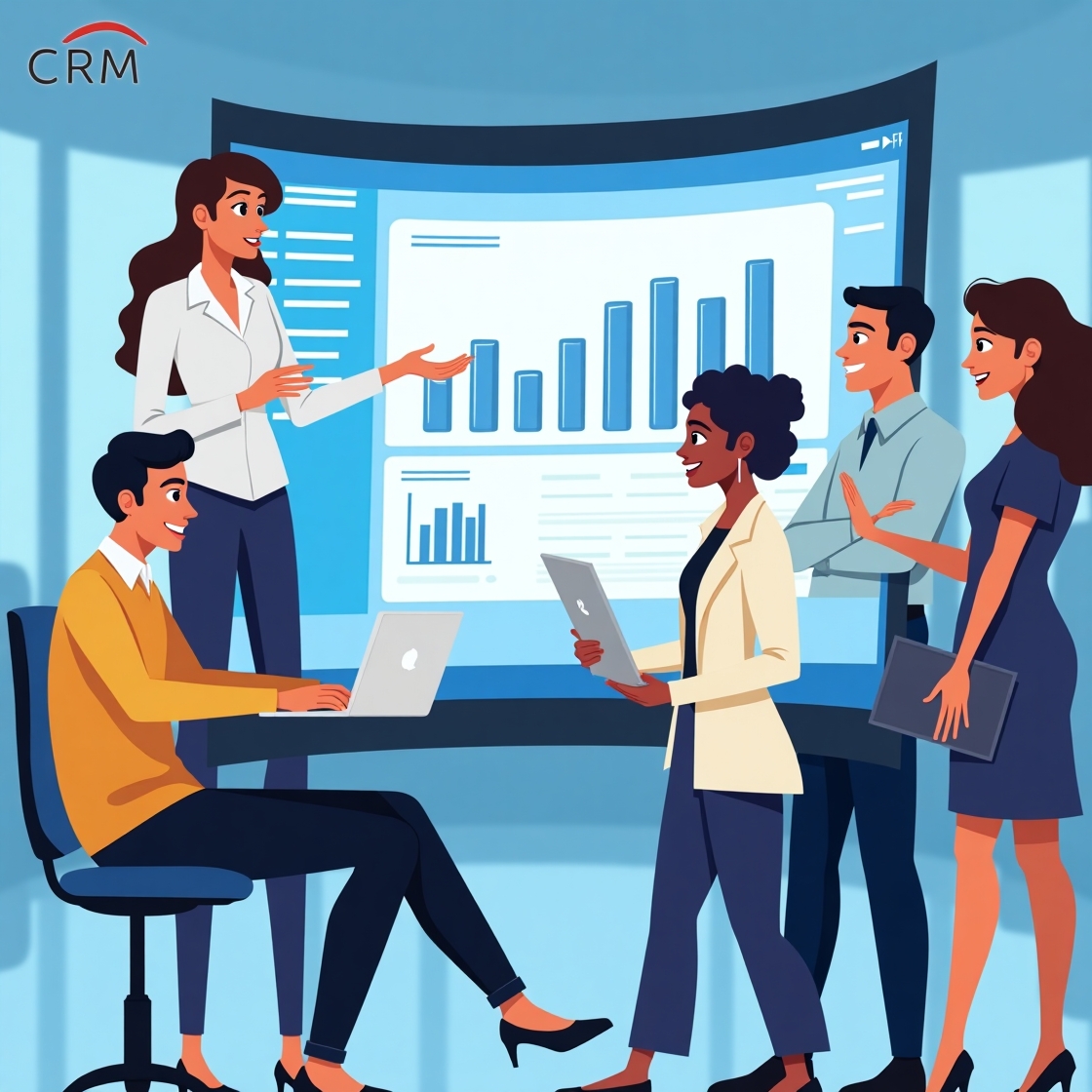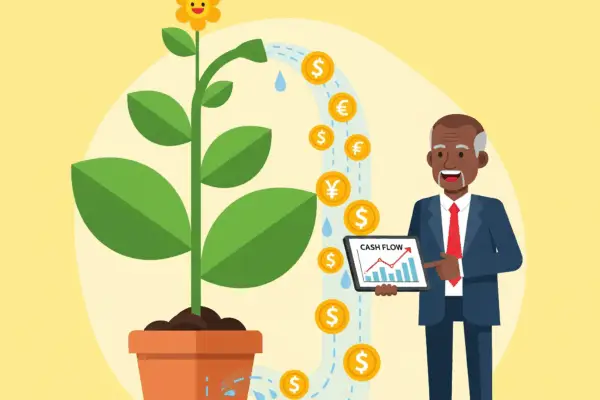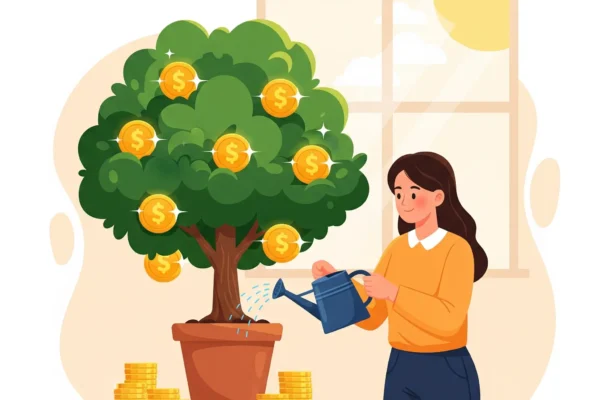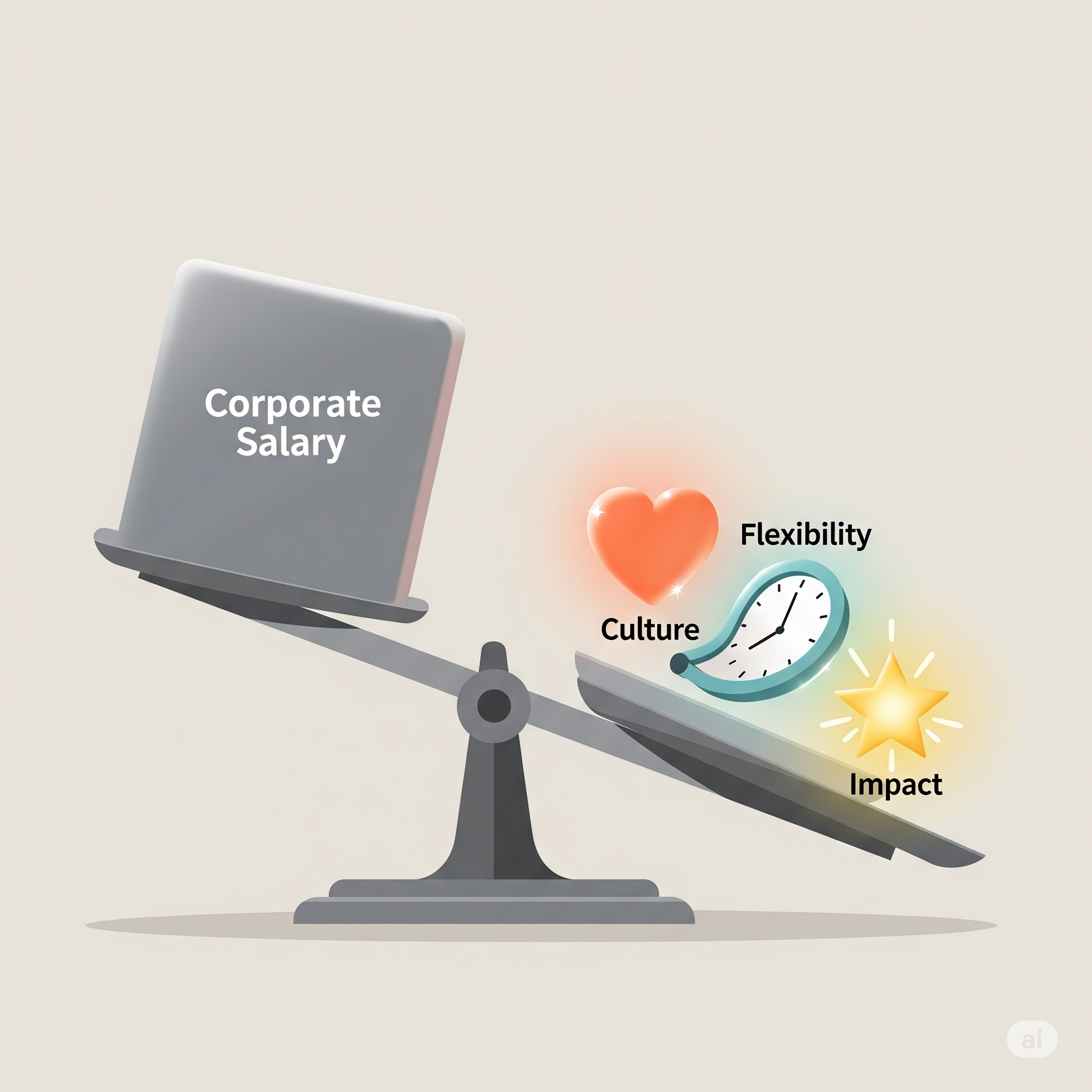Alright everyone, pull up a chair. Let’s talk about a tool that many businesses use every single day, but whose true power is often underestimated. I’m talking about CRM – Customer Relationship Management software.
Now, if I were to guess, for a lot of you, “CRM” probably conjures up images of spreadsheets, data entry, sales pipelines, and maybe a slightly overwhelming database of contacts. And yes, at its core, a CRM is a system for managing your interactions with customers and potential customers. It’s a place to store names, numbers, email addresses, and track deals. It’s the digital filing cabinet of your customer world.
But I’m here to tell you that if that’s all you see CRM as, you’re missing the forest for the trees. You’re looking at the wires and the code, but you’re not seeing the connection, the loyalty, the relationship that it can help you build.
Let me tell you about a friend of mine, Sarah, who runs a growing e-commerce business specializing in artisanal coffees. When she first started, her CRM was basically a glorified address book. She tracked who bought what, and maybe made a note if someone had a complaint. It was purely transactional.
As her business grew, she realized she was losing that personal touch that she had when she was just starting out and knew every customer by name. Her repeat business wasn’t as strong as she’d hoped, and she felt like she was constantly chasing new customers instead of nurturing the ones she had.
We talked about her CRM, and how she could use it to do more than just track sales. We started thinking about it not as a database, but as a relationship-building engine.
Sarah began using her CRM to record not just what people bought, but why. Did they mention a preference for single-origin beans? Were they trying to brew the perfect cold brew? Did they have a favorite region? She started segmenting her customers based on these preferences, sending them personalized emails with recommendations, brewing tips, and even early access to new roasts she thought they’d love.
She used the CRM to set reminders to follow up after a large order, just to make sure they were enjoying their coffee. She tracked their birthdays and sent a small discount code. She even created a segment for customers who had tried a specific limited-edition bean and notified them when something similar became available.
It wasn’t about being intrusive; it was about being attentive. It was about using the data she had to show her customers that she saw them, she understood their preferences, and she valued their business beyond just the transaction.
The results? Her repeat customer rate soared. Her customers felt a genuine connection to her brand. They weren’t just buying coffee; they were part of a community that understood their passion. Sarah’s business thrived, not just because she sold great coffee, but because she used her CRM to build great relationships.
Modern CRM platforms are incredibly powerful tools for fostering this kind of connection. They go way beyond simple contact management. They can help you:
- Understand Customer Behavior: Track interactions across multiple channels – website visits, email opens, social media engagement, support tickets – to get a holistic view of your customer’s journey.
- Personalize Interactions: Use customer data to tailor your messaging, offers, and recommendations, making every interaction feel more relevant and valuable.
- Automate Thoughtful Communication: Set up automated workflows for things like welcome emails, birthday greetings, or follow-ups after a purchase, ensuring timely and personalized communication at scale.
- Identify and Nurture Leads: Track potential customers’ engagement and interests to understand when they’re ready to be approached and what their needs might be.
- Improve Customer Service: Provide your support team with a complete history of customer interactions, enabling them to offer faster, more informed, and more empathetic support.
The key is to shift your mindset. Stop seeing your CRM as just a reporting tool for the sales team. Start seeing it as the central nervous system for all your customer interactions, a tool that empowers your entire organization to build stronger, more meaningful relationships.
It requires intentionality. It requires training your team to see the value in capturing and using customer insights. It requires moving beyond the basic features and exploring how the platform can truly help you understand and serve your customers better.
In an age where customers have endless choices and are bombarded with marketing messages, the businesses that will win are the ones that make their customers feel seen, understood, and valued. And your CRM, when used strategically and with a focus on the human element, can be your most powerful ally in achieving that.
So, are you just tracking customers, or are you building relationships? The difference is the key to lasting success.
What are your thoughts? How are you leveraging your CRM to build deeper connections with your customers? Share your stories and insights in the comments below!



